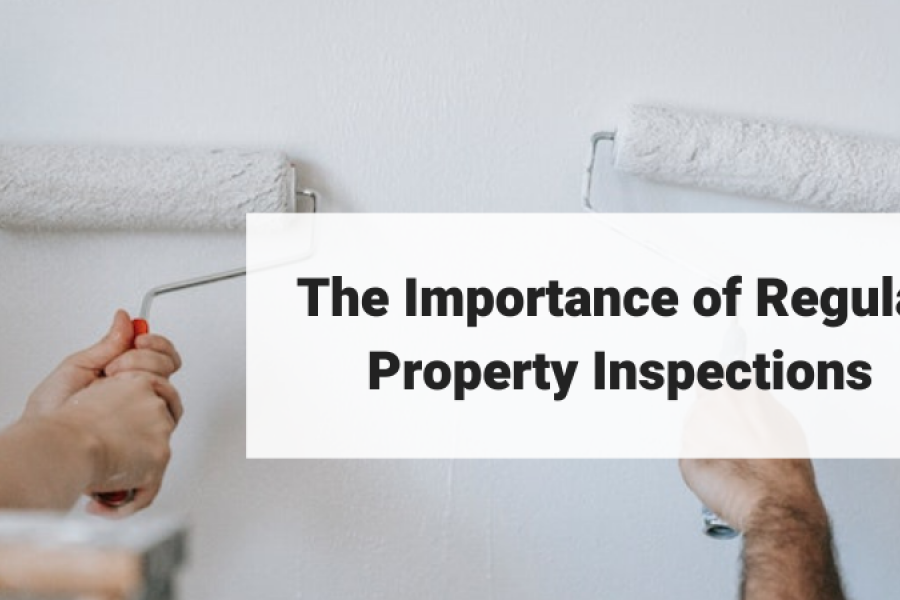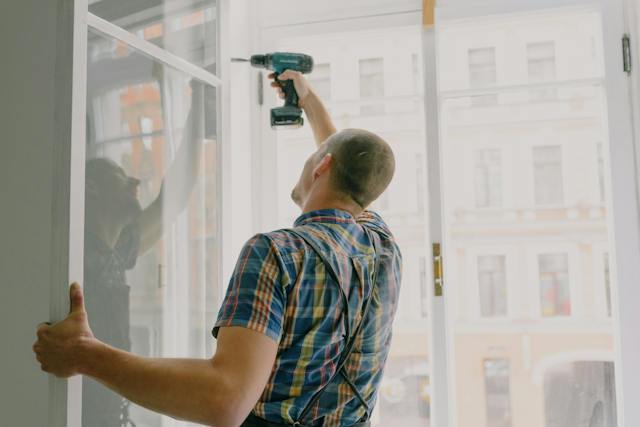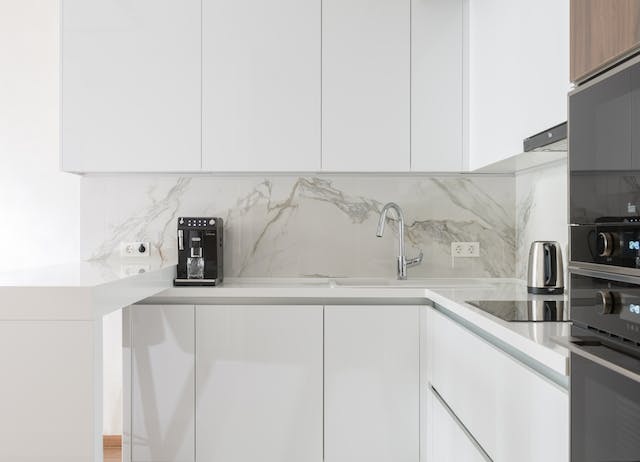
In the world of property ownership, the significance of regular inspections cannot be overstated, especially for landlords seeking to safeguard their investments and ensure the well-being of their tenants. From preserving property value to fostering positive tenant relationships and complying with insurance standards, we explore how these inspections serve as a cornerstone for responsible and effective property management
Beyond routine checklists, these inspections are a proactive strategy, giving us a sneak peek into how well the property is holding up overall. In this article, we delve into the importance of regular property inspections for landlords. Find out more below!
7 Reasons Why Landlords Should Inspect Properties Regularly
Regular property inspections are a fundamental practice for landlords, providing numerous benefits that contribute to successful property management. Here are seven compelling reasons why landlords should prioritize regular property inspections:
1. Ensuring Safety and Compliance
Ensuring safety and compliance through regular property inspections is paramount for the well-being of occupants and the avoidance of legal complications.
These inspections help identify potential hazards, structural deficiencies, or code violations that could compromise the safety of the property. By addressing these issues promptly, property owners and managers contribute to a secure living or working environment.

Moreover, compliance with building codes and regulations is not only a legal requirement but also a fundamental responsibility. Failure to adhere to these standards can lead to legal consequences and liabilities.
2. Preserving Property Value
Preserving property value is a crucial aspect of regular property inspections because it allows for early identification and helps reduce some of the issues that could impact the overall condition and appeal of the property.
Consistent inspections allow property owners and managers to detect maintenance needs, structural concerns, or cosmetic issues before they escalate. Timely repairs and maintenance not only prevent the depreciation of the property but also contribute to its aesthetic appeal and functionality.
A well-maintained property is more likely to retain or increase its market value, making regular inspections an essential component of strategic property management.
3. Monitoring Tenant Compliance
Monitoring tenant compliance is a crucial aspect of regular property inspections because it ensures that tenants adhere to the terms of their lease agreements and respect the property's rules and regulations.
Inspections serve as a measure to enforce compliance as well as provide an opportunity to identify and address any unauthorized activities, alterations, or breaches of contract, such as the presence of unapproved pets, smoking in non-smoking areas, or unauthorized modifications.

Timely detection of these issues allows property owners and managers to take corrective action, maintaining a harmonious landlord-tenant relationship and a well-maintained property. It also helps in preventing potential conflicts and legal disputes, contributing to a positive and respectful living environment for all occupants.
4. Detecting Pest Infestations
Detecting pest infestations is a critical aspect of regular property inspections due to the potential harm these infestations can cause to both the property and its occupants. Timely identification of pests, such as termites, rodents, or insects, enables property owners and managers to implement effective pest control measures before the problem escalates.
Swift action can prevent structural damage, protect the health of residents, and avoid the spread of infestations to neighboring properties. Regular inspections create an opportunity to identify and address conditions that might attract pests, such as leaks or inadequate waste management.
By proactively managing pest issues, property owners not only protect the physical integrity of the building but also contribute to a healthier and more comfortable living or working environment for tenants.
5. Building Positive Relationships
Regular property inspections play a pivotal role in building positive relationships between property owners, managers, and tenants. These inspections provide a platform for open communication and collaboration. By engaging with tenants during inspections, property managers can address concerns, answer questions, and demonstrate a genuine commitment to the well-being of the occupants.

This proactive approach fosters trust, transparency, and a sense of partnership between both parties. Tenants appreciate the effort to maintain and enhance the property, leading to greater satisfaction and a more positive perception of the property management.
Additionally, addressing issues promptly and demonstrating a genuine interest in tenant comfort and safety helps build a positive rapport, contributing to long-term tenant satisfaction and loyalty.
6. Insurance Compliance
Regular property inspections are essential for ensuring insurance compliance, as they enable property owners to maintain the necessary standards required by insurance policies. Many insurance providers mandate routine inspections to assess the property's condition, identify potential risks, and ensure that safety measures are in place.
By conducting these inspections regularly, property owners can proactively address any issues that may jeopardize insurance coverage.
Compliance with safety regulations and building codes, identified through inspections, helps reduce risks and ensure that the property is adequately protected. Non-compliance could lead to reduced coverage or increased premiums.
Regular property inspections not only safeguard the property and its occupants but also fulfill the requirements set by insurance providers, ensuring that the property remains adequately insured against potential risks.
7. Planning for Future Upgrades
Regular property inspections play a crucial role in planning for future upgrades by providing a comprehensive understanding of the property's condition and potential areas for improvement. Through systematic assessments, property owners and managers can identify components that may require upgrades or renovations in the future. This proactive approach allows for strategic planning, budgeting, and the scheduling of necessary improvements.

Whether it's updating outdated systems, enhancing energy efficiency, or improving overall aesthetics, regular inspections offer valuable insights to inform long-term maintenance and upgrade plans. By staying ahead of property needs, owners can make informed decisions about when and where to invest in upgrades, ensuring that the property remains competitive, modern, and attractive in the ever-evolving real estate market.
Wrapping Up
In conclusion, regular property inspections emerge as the backbone for landlords aiming to protect their investments and cultivate positive relationships with tenants. For landlords seeking an elevated standard of care and efficiency, partnering with property management companies—exemplified by State Property Management—is paramount.
Choosing the right partnership can transform the challenges of property ownership into a well-managed and thriving investment portfolio